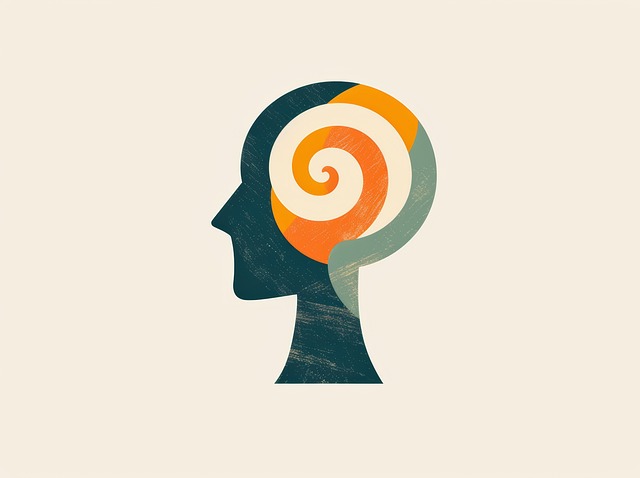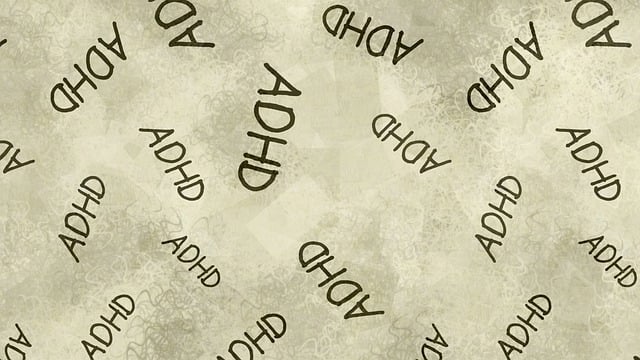Mental health data analysis, facilitated by organizations like Littleton International Adoptions Therapy (LIAT), is transforming therapeutic practices. LIAT uses data-driven approaches to understand and address challenges faced by families involved in international adoptions. By analyzing patient records, evaluations, surveys, and social media, they identify risk factors and cultural contexts affecting mental wellness. This information guides tailored interventions and strategies, enhancing treatment efficacy. Advanced analytics like predictive modeling and sentiment analysis enable early identification of at-risk individuals and guide public awareness campaigns. Data visualization aids in discovering correlations, such as stress levels and burnout prevention. These insights empower therapists to adapt practices, incorporate evidence-based methods, and provide culturally responsive care, ultimately improving global mental health outcomes.
Mental health data analysis is a powerful tool for understanding complex psychological trends. This article explores the intricacies of analyzing and interpreting mental health data, highlighting key strategies and real-world applications. We delve into the process of collecting and understanding diverse sources of information, including a unique case study on the Littleton International Adoptions Therapy program. By examining data through advanced techniques, we can identify patterns and trends that inform and enhance therapeutic practices globally.
The case study showcases how data analysis can revolutionize mental health support, particularly in international adoption contexts.
- Understanding Mental Health Data: Collection and Sources
- Littleton International Adoptions Therapy: A Unique Case Study
- Data Analysis Techniques for Mental Health Insights
- Interpreting Results: Identification of Patterns and Trends
- Applying Findings to Improve Therapeutic Practices
Understanding Mental Health Data: Collection and Sources

Understanding mental health data is a multifaceted process that involves recognizing and interpreting various sources of information. This includes individual patient records, clinical assessments, surveys, and even social media analytics. Organizations like Littleton International Adoptions Therapy play a pivotal role in collecting and analyzing these data points to gain insights into global mental wellness trends. The therapy programs they develop are informed by extensive datasets, which help tailor interventions for specific populations and issues.
By leveraging these data sources, mental health professionals can identify emerging patterns and risk factors associated with different demographics and cultural contexts. This approach not only enhances the effectiveness of treatments but also supports the creation of evidence-based Mental Wellness Coaching Programs. Moreover, encouraging Positive Thinking and resilience among individuals becomes more strategic when backed by data analysis, ensuring a comprehensive and personalized approach to mental health care.
Littleton International Adoptions Therapy: A Unique Case Study

The Littleton International Adoptions Therapy (LIAT) offers a compelling case study for mental health data analysis and interpretation. This unique program focuses on fostering mental wellness and preventing burnout among individuals involved in international adoptions, from parents to children. By employing tailored communication strategies, LIAT provides insights into the complex emotional journeys these families endure.
Through rigorous data collection and analysis, the therapy program identifies specific challenges at each stage of the adoption process. This allows for targeted interventions that not only address immediate concerns but also equip individuals with long-term coping mechanisms. The case study highlights how a deep understanding of mental health data can revolutionize support systems within the adoption community, ultimately enhancing overall well-being.
Data Analysis Techniques for Mental Health Insights

Mental health data analysis involves sophisticated techniques to uncover meaningful insights and trends. By employing robust statistical methods and advanced analytics, professionals can gain a deeper understanding of various mental health conditions. These include predictive modeling, where algorithms identify individuals at risk, enabling early intervention strategies like those offered by Littleton International Adoptions Therapy. Sentiment analysis, another powerful tool, analyzes text data from surveys or social media to gauge public sentiment towards specific issues, which can inform the development of effective public awareness campaigns.
Furthermore, data visualization techniques transform complex information into accessible visual representations. This aids in identifying patterns and correlations, such as the relationship between stress levels and burnout prevention strategies for healthcare providers. Such insights are crucial for tailoring interventions, enhancing resilience-building programs, and ultimately improving mental health outcomes on a global scale.
Interpreting Results: Identification of Patterns and Trends

When analyzing mental health data, one of the key aspects is identifying patterns and trends within the information gathered. This process involves sifting through numerical data, textual responses, and behavioral observations to uncover insights that can inform therapeutic strategies. For instance, at Littleton International Adoptions Therapy, therapists employ advanced data analysis techniques to gain a deeper understanding of clients’ mental health profiles. By examining trends in symptoms over time or correlating specific interventions with positive outcomes, the therapy team can tailor their approaches more effectively.
For example, analyzing survey responses and clinical notes might reveal a pattern where improved mood management techniques lead to enhanced empathy-building strategies among patients. Similarly, cultural sensitivity in mental healthcare practice could emerge as a critical factor affecting treatment efficacy, especially when dealing with diverse populations. Such insights enable therapists to adapt their practices, incorporating evidence-based methods and culturally responsive care that align with the evolving needs of their clients.
Applying Findings to Improve Therapeutic Practices

The insights gleaned from mental health data analysis have the potential to significantly shape and improve therapeutic practices, especially in specialized areas like adoptions therapy as offered by Littleton International Adoptions. By understanding trends and patterns within client populations, therapists can tailor their approaches to be more effective and personalized. For instance, analyzing data could reveal specific triggers for crisis interventions among adoptees, guiding therapists to develop targeted strategies that address these unique challenges. This evidence-based approach ensures that therapeutic practices evolve with the evolving needs of clients, fostering better outcomes.
Moreover, mental health data can contribute to broader initiatives such as Crisis Intervention Guidance and Mental Illness Stigma Reduction Efforts. Identifying common themes or indicators in client narratives could provide insights into effective interventions for high-risk groups, enhancing prevention strategies like Depression Prevention programs. This not only improves individual therapy but also contributes to community-level initiatives, creating a more supportive and understanding society.
Mental health data analysis has emerged as a powerful tool to gain insights into complex human behaviors and experiences. Through case studies like the unique journey of Littleton International Adoptions Therapy, we’ve seen the profound impact of structured data collection and analysis on improving therapeutic practices. By employing various techniques to interpret patterns and trends, mental health professionals can tailor interventions more effectively. This article has explored these methodologies, highlighting how data-driven insights can revolutionize care, ensuring better outcomes for individuals navigating mental health challenges.













